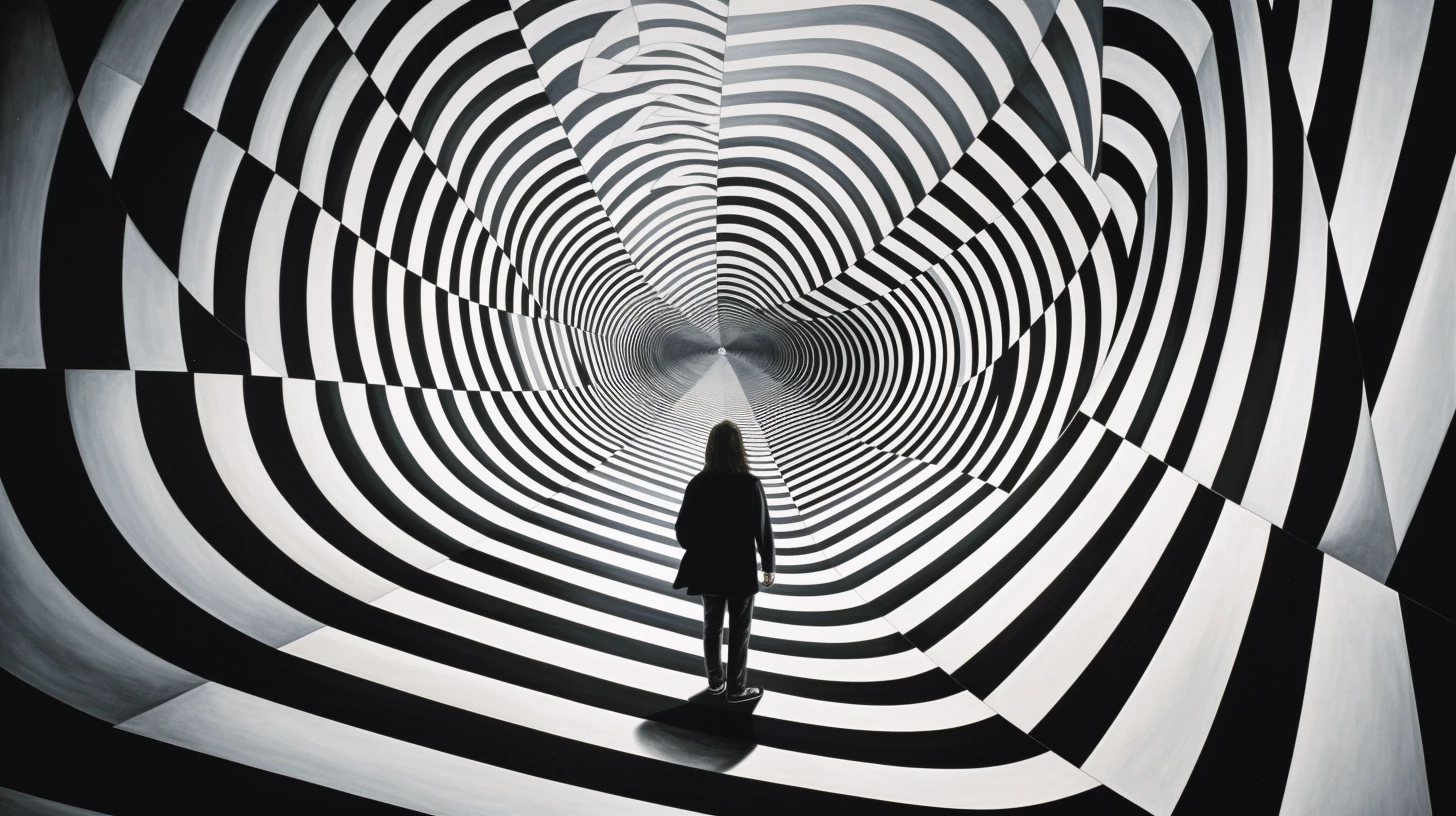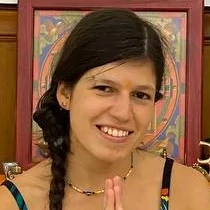
Is Life An Illusion? How "Real" Is Your Conscious Reality?
In life, we always rely on our senses and trust our eyes and ears. But does our perception of the world and ourselves equal the actual reality? Some people argue that it’s not so. For example, neuroscientist Anil Seth suggests that our brain actually hallucinates our conscious reality. Let’s review his theory and the points we can draw from it.
Anil Seth's Theory of Consciousness
Anil Seth is a British neuroscientist who is currently a professor of Cognitive and Computational Neuroscience at the University of Sussex. He is also the co-director of the Sackler Centre for Consciousness Science and the editor-in-chief of the academic journal Neuroscience of Consciousness.
Seth's research focuses on the neural basis of consciousness, including how the brain generates our conscious experience of the world and how altered states of consciousness such as anesthesia and psychedelics affect brain function. Seth’s theory of consciousness has become popular thanks to his TED talk. He suggests that the brain is constantly generating a prediction of what it expects to experience in the world, and that our conscious perception of reality is essentially a kind of controlled hallucination:
"We're all hallucinating all the time, including right now. It's just that when we agree about our hallucinations, we call that reality."
Seth argues that the brain is not just passively receiving sensory input from the world, but is actively constructing our experience of reality by interpreting and filtering that input. This means that our perception of the world is not a direct reflection of objective reality, but rather a construction created by the brain based on its own expectations and past experiences.
This theory can help explain a range of phenomena, including how illusions work, how we can experience things like synesthesia, and how we can sometimes see things that are not really there (e.g. hallucinations). It also suggests that our experience of the world is highly subjective and depends on the workings of our own individual brains.
The Concept of Maya in Hinduism and Buddhism
Even though this neuroscientific research is relatively new, the idea of our world being a hallucination or an illusion has been discussed since ancient times. In fact, there’re spiritual traditions such as Hinduism and Buddhism that are based on the concept of Maya/ Samsara which refers to the illusory nature of the world.
Maya is considered to be the cosmic power or energy that creates the universe and makes it appear as if it is real, when in fact it is not. According to Hindu philosophy, the world we perceive through our senses is not the ultimate reality, but is rather a distorted and incomplete reflection of the true nature of existence. Since Hinduists and Bhuddists believe in reincarnation and the immortal nature of the soul, countless life cycles that we pass in accordance with our karma turn out to be rather an illusion than a reality.
Final Word
The idea of our world being an illusion has now been put forward both by religious traditions and neuroscientists. While these suggestions may seem abstract and difficult to comprehend, we can still draw some conclusions from them that can be put into our daily lives. To do so, it’s great to practice awareness via meditation which sometimes helps to realize the illusory nature of our thoughts and surroundings. If we accept that this world might be no more than a hallucination of our brain, we might take things less seriously in life and ultimately decrease the amount of stress, anxiety, or depression.
